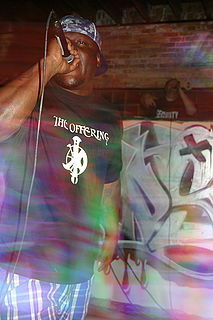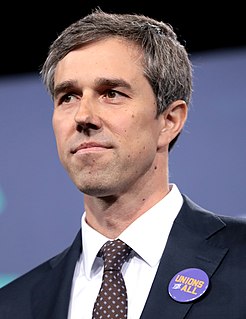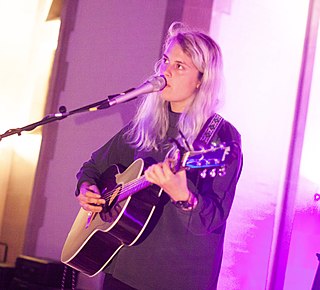A Quote by Taboo
Brazilian music has always been a part of us, but it's even more valuable now because of the sentiment or the theme of the actual song. So I feel like 'Street Livin'' is paying homage to what we started and it's touching on a lot of serious themes to DACA, immigration reform, prison control... all the things we address in the video.
Related Quotes
I don't feel that all the great songs have been written. I do feel that where we are now, certainly with rock & roll music, is that so much of it is variations on themes. But I think that it's one's particular creativity and individuality that comes out within that variation on a particular theme that makes a song great.
I feel like it had an impact, in that it started the attention that has been paid to what was happening. It started to get us into this whole conversation about prison reform, the whole bipartisan dialogue that's been happening over the past five, six years about this, where you have a Van Jones and a Newt Gingrich, and you have the Rick Perrys and so forth getting up and talking about the need to reform.
You have to be careful when it comes to copyrights, whether just sounding like or feeling like something is enough to say you violated their copyrights because there's a lot of music out there, and there's a lot of things that feel like other things that are influenced by other things. And you don't want to get into that thing where all of us are suing each other all the time because this and that song feels like another song.
We learnt a lot because we got in with real choreographers who tell you what they need from a song, because a song has to advance the story. Then real directors like Mike Nichols tell you where you can have 'B themes' and 'C themes', and we go oh yes, B themes and C themes! So we were taught in the finest school amongst the finest people. And also by the school of experience.
I get total creative control when I'm in the studio now to do what I want to do. If I feel like doing a song I'll do a song. The buzz has been great, in fact a lot of people hit me up now, they're seein me on hiphopgame.com with the journal and I'm just telling people my ideas. All I want to do is make good music at the end of the day.
"St. Lucia We Love" is actually a song produced by Stratosphere music (also St. Lucian). The CEO of Stratosphere music approached me and wanted me to produce a music video for this song which was already a hit in my country. I felt privileged to have been chosen to do such a video. So every time I went out to shoot a scene from the video, I would get a still shot from the scene to tease the public. The photo of the amazona versicolor is is an actual scene from the video which was released on St. Lucia's Independence day (22nd February, 2013).
The White Horse video which was directed by Marco Ovando started off with a biker theme. Once Ava Sanjurjo came in as stylist along with Marco & I it really took it's own shape. It was all very improvised but wound up paying homage to NY and night life. People say it reminds them of a Guess ad which I love!
The music I'm playing now is the music I always imagined myself playing when I was a kid. It's been nice to use my instrument a bit more - play the guitar in a more fun way with riffs and stuff like that - rather than just propping up a whole song with a guitar and my vocals. There's so much more energy in the crowd as well; they've been bouncing around and having fun, and it's nice to feel like you're a part of something in a room rather than just performing for a crowd.




































